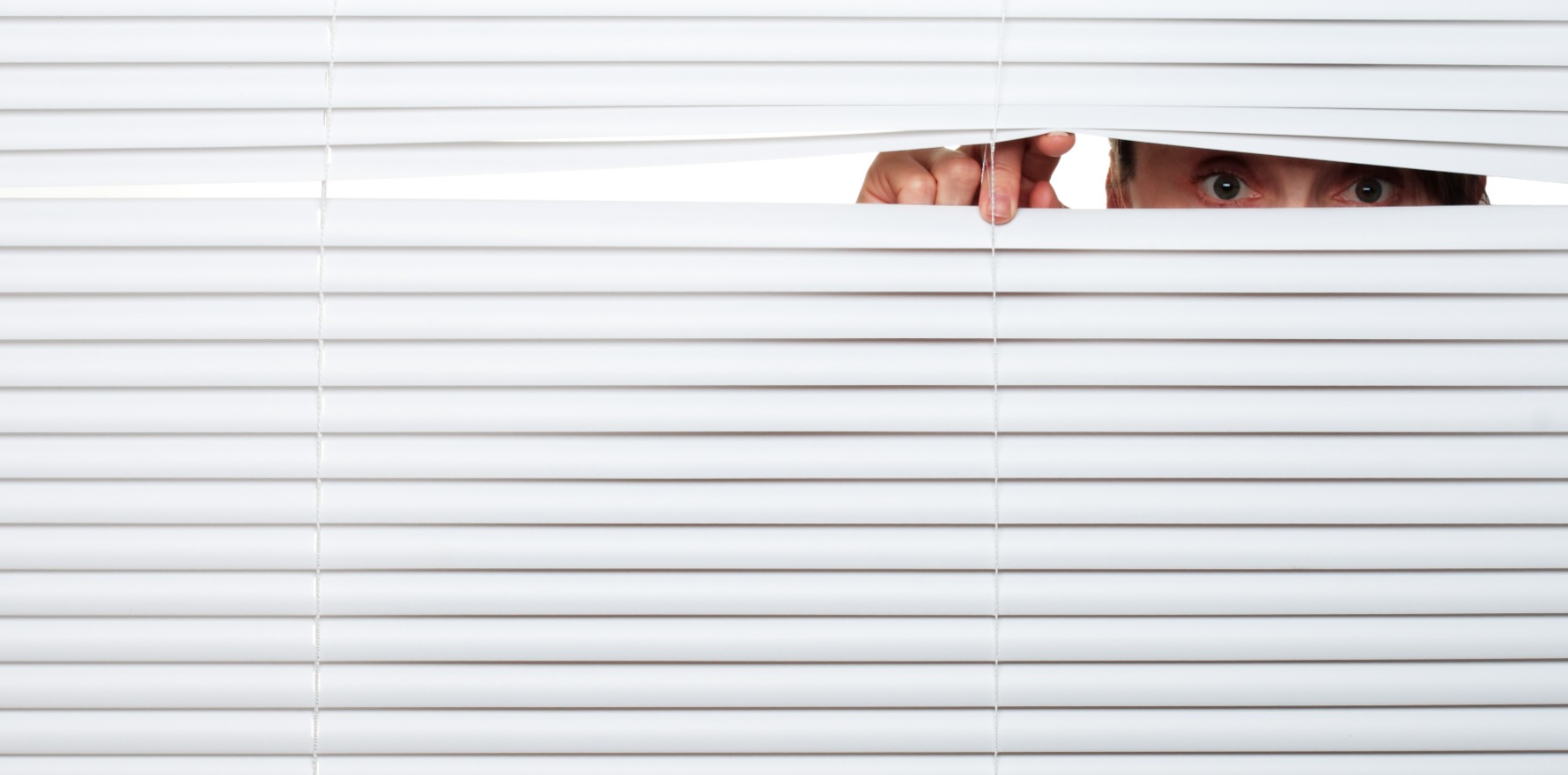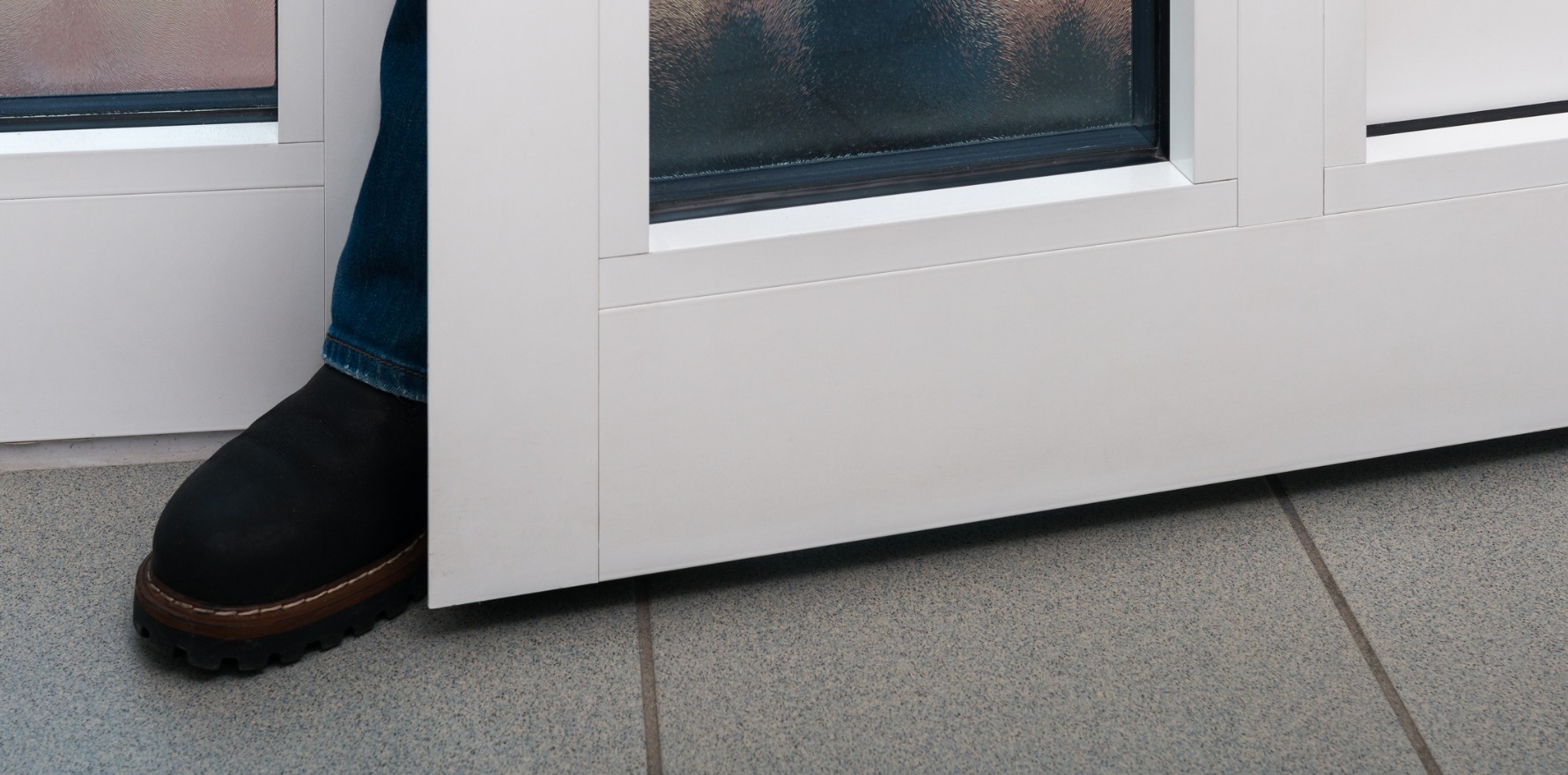As universal bulk billers become an increasingly endangered species, pollies are shaping up for a statistics showdown.
Prime Minister Anthony Albanese and Health Minister Mark Butler are sticking to the line that investments in bulk billing are working, as both the Greens and the Coalition call foul.
New data from patient billing aggregator CleanBill released this week estimated that just one in five GP clinics accepting new patients are agreeing to bulk bill people who aren’t eligible for an incentive.
It’s a slide from one in four clinics in 2024 and one in three clinics in 2023.
Just what that data means, though, depends on who you ask.
In one corner, Mr Butler is arguing that CleanBill’s data collection method – which involves manually ringing up a clinic and asking if it would bulk bill a new, adult patient – is fundamentally flawed.
“This ring-around effectively asks general practices, whoever happens to pick up the phone, whether they have a policy of bulk billing every single person, every single time that person walks in the front door, whether it’s an age pensioner or whether it’s Gina Rinehart or James Packer,” he said on Monday.
“That is no substitute at the end of the day for the transparent reporting we now conduct about MBS data.”
Even using Medicare data, though, the question of whether bulk-billing rates are going up is somewhat subjective.
According to the most recent tranche of Medicare data, the national GP non-referred bulk-billing rate for the financial year to September 2024 was 77.6%.
It’s an improvement of one percentage point on the same time the previous year, but still significantly below pre-pandemic rates, which were consistently higher than 80%.
The Prime Minister was also adamant that bulk billing is on the up.
“Nationally, 77% of all GP visits were bulk billed in November – that is the latest data,” Mr Albanese told ABC Melbourne on Monday.
“That was an increase from last year before our tripling of the bulk billing incentive came into effect.
“And that has turned around what was a long-term drop in bulk billing … that was the biggest injection we’ve had, frankly, into the Medicare GP service ever.”
Shadow Health Minister Senator Anne Ruston seemed more willing to accept the CleanBill data, calling Labor’s rhetoric “disingenuous” and said it had “literally never been harder or more expensive to see a doctor”.
Related
Neither of the two major parties have released their full health policy platforms.
On the Labor side, all Mr Butler has let slip is that there is some kind of big plan designed to boost “free Medicare services”, potentially having to do with bundled or blended payments to GPs.
The Coalition, meanwhile, has committed to bringing back 20 subsidised mental health sessions and investing $400 million in “a strong pipeline of home-trained GPs”.
It is unclear what this pipeline entails, other than some kind of financial incentive for junior doctors.
For his part, opposition leader Peter Dutton has said he will “guarantee the growing funding of Medicare” and has named health as one of the “key areas” for spending taxpayer money.
Then there’s the Greens, who have already revealed their major pledge for health – namely that all Australians would be eligible for a bulk-billing incentive.
Responding to the CleanBill data, Greens health spokesman Jordon Steele-John said the lack of action on bulk billing was putting pressure on a strained system.
“With rising out-of-pocket costs and shrinking bulk-billing availability, something has got to give,” he said.
“It’s disgraceful that we’re in a cost-of-living crisis where people are choosing between going to the doctor, paying rent and putting food on the table.
The federal election is due on or before 17 May. The date has not been set at time of writing.





